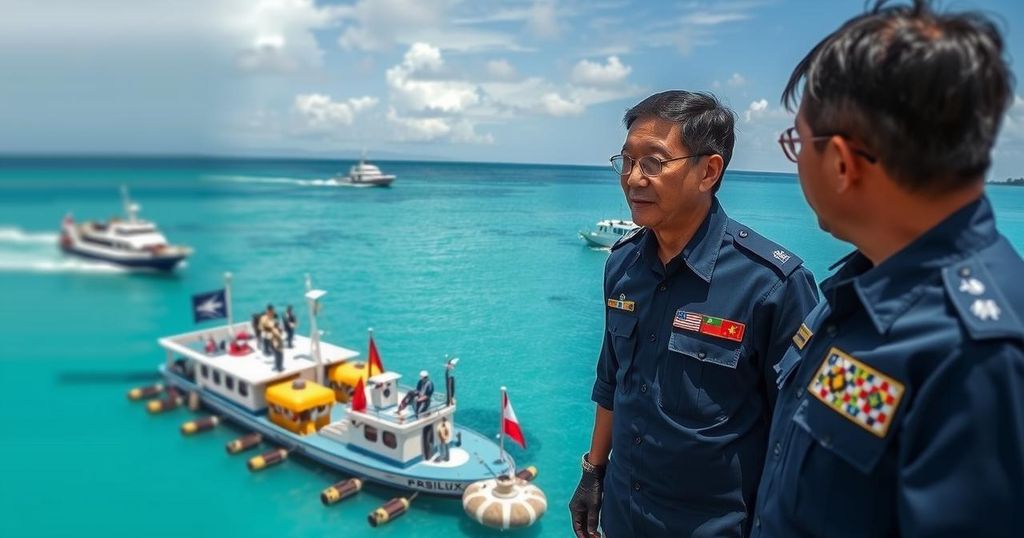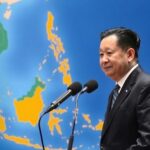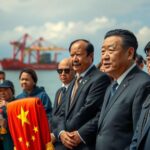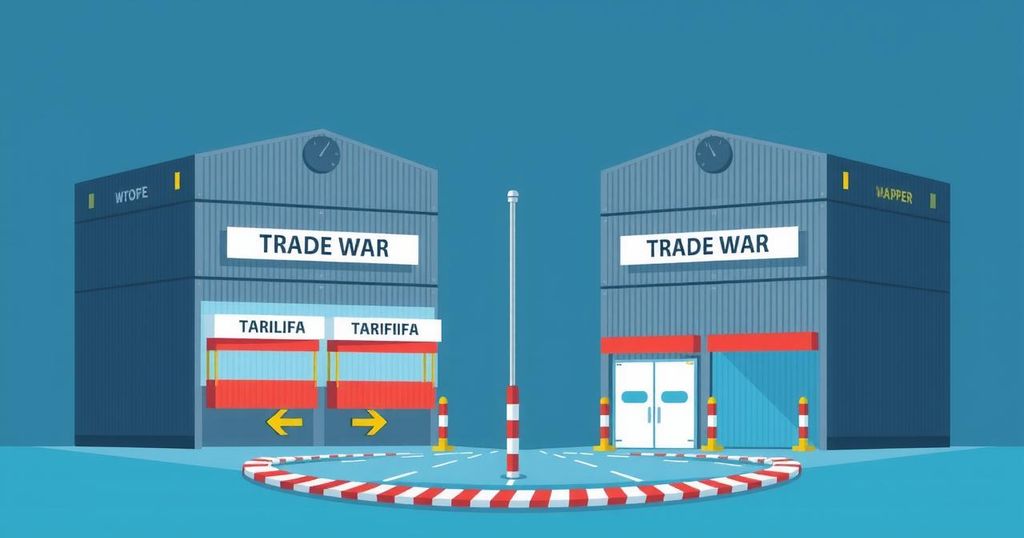Taiwan’s President Lai Commences Marshall Islands Visit Amid Rising Tensions with China
Taiwanese President Lai Ching-te’s visit to the Marshall Islands follows a diplomatic trip to the US, emphasizing Taiwan’s commitment to democratic values and regional partnerships. This visit has drawn criticism from China, which opposes Taiwan’s international recognition and military support from the US. Lai aims to strengthen ties with Pacific allies amid ongoing threats from China regarding Taiwan’s sovereignty.
On Tuesday, Taiwanese President Lai Ching-te commenced his visit to the Marshall Islands, marking the second stop of a Pacific tour that has provoked discontent among Chinese officials following his prior engagement in the United States. Upon his arrival in Majuro, Marshall Islands President Hilda Heine extended a cordial welcome, underscoring the shared Austronesian culture and commitment to democratic values between the two nations. During his previous two-day visit to the US, Lai discussed concerns about “China’s military threats” with former House Speaker Nancy Pelosi as well as with several US officials and lawmakers.
China vehemently opposes any form of international recognition for Taiwan and is particularly incensed by official communications between Taiwan and the United States, which serves as Taiwan’s crucial security ally. The Marshall Islands is one of three Pacific allies that President Lai will visit as part of his inaugural overseas trip since taking office in May, alongside Tuvalu and Palau. These countries, along with the Vatican, are among the twelve nations that continue to acknowledge Taiwan’s claim towards statehood after others have shifted allegiances to China.
During his reception, Lai expressed a sense of familial connection between Taiwan and the Marshall Islands, stating, “We are like family, and we are also close partners who support each other.” This sentiment of mutual support has been echoed over the years, highlighting the robust relationship between the two nations. Lai’s discussions in the US, which took place shortly before his Pacific visit, included conversations about China’s provocations and military activities towards Taiwan. As a direct consequence of Lai’s discussions with Pelosi, China called for the US to refrain from interfering in Taiwan’s affairs, emphasizing that the Taiwan question remains paramount in its national interests.
Alongside military concerns, Lai’s trip follows the recent approval by the United States for a $385 million arms deal with Taiwan, which included spare parts for F-16s and radar systems, underscoring Washington’s commitment to Taiwan’s defense in the face of increasing Chinese assertiveness. President Lai’s initiatives aim to strengthen ties with Pacific allies and advocate for collaborative efforts to avert the threat of military conflict, reiterating the need for concerted actions among democratic nations.
The underlying tensions between Taiwan and China have been a longstanding geopolitical issue, particularly since the 1949 split when Chiang Kai-shek’s nationalist forces retreated to Taiwan after their defeat by Mao Zedong’s communists. The current landscape sees Taiwan maintaining a unique sovereign status, yet continually threatened by China’s claim to the island as part of its territory. Taiwan relies heavily on diplomatic recognition from a small number of nations and support from the United States to preserve its autonomy, with any international engagement by Taiwan often provoking strong responses from Beijing. Recent developments, including arms sales from the US to Taiwan, have further complicated Taiwan-China relations and intensified pressures in the region.
In conclusion, President Lai Ching-te’s visit to the Marshall Islands illustrates Taiwan’s proactive diplomacy amid rising tensions with China. By fostering relationships with Pacific allies and articulating mutual interests in democratic values, Taiwanese leadership seeks to reinforce its sovereignty amidst external pressures. The situation remains tense as China’s resolute stance on Taiwan, combined with increasing US military support, continues to shape the strategic dynamics in the region.
Original Source: www.citizentribune.com








Post Comment